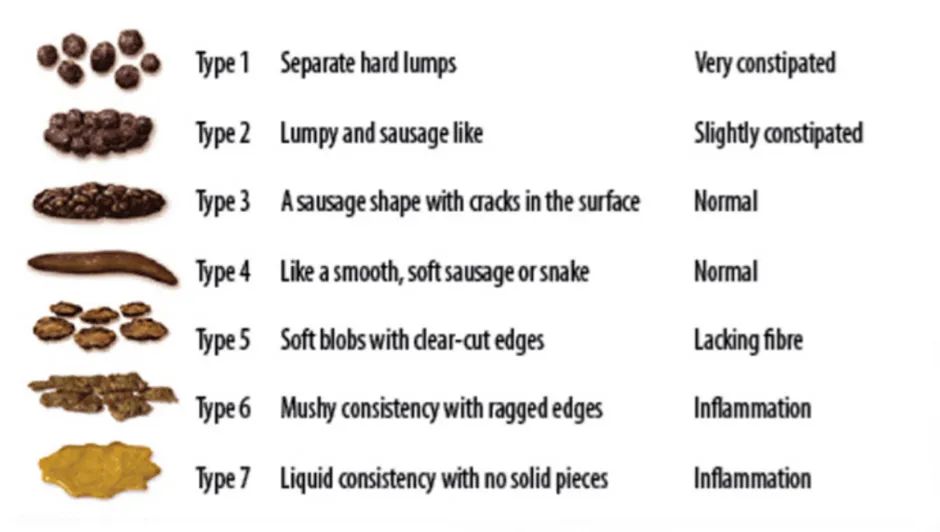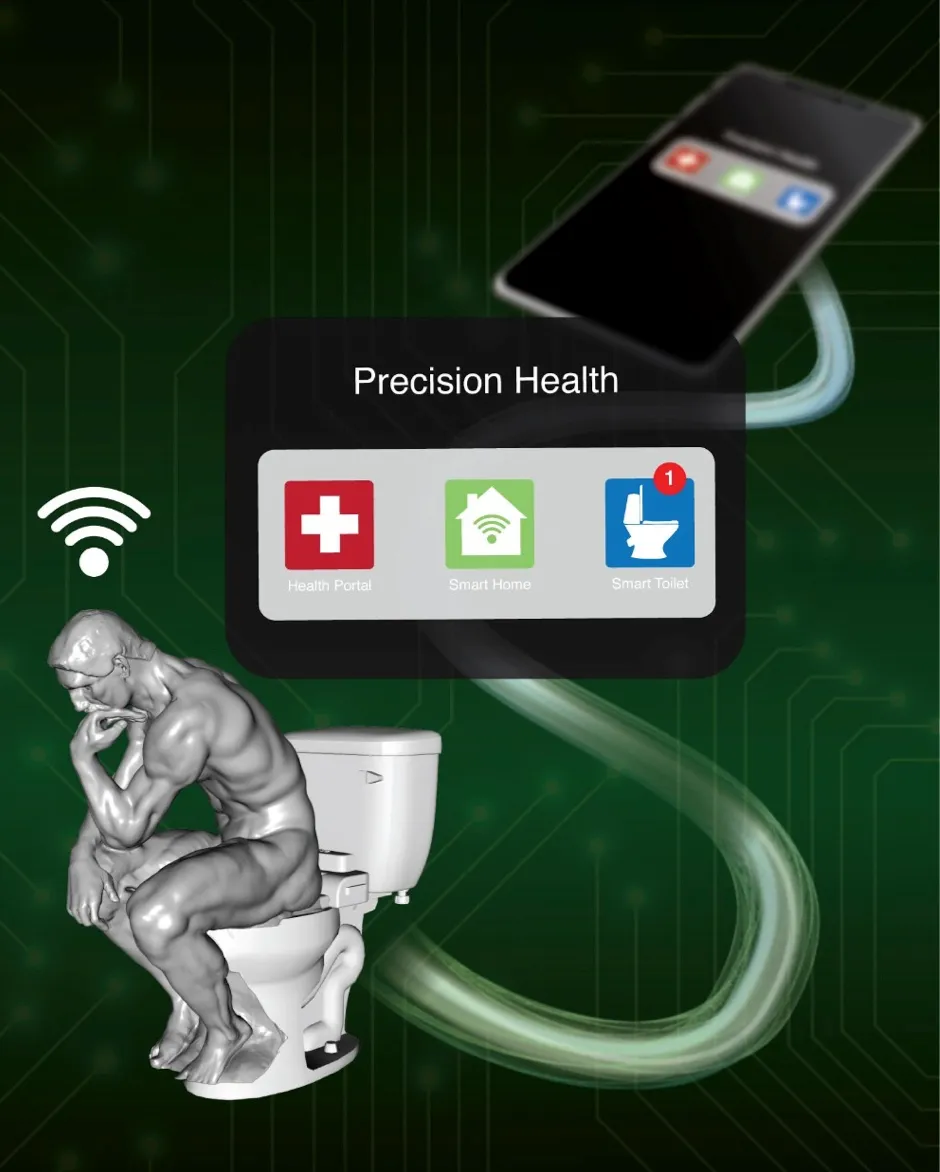Going to the loo may never be the same again thanks to scientists who claim to have invented a device that can be fitted on toilets to detect signs of various diseases in stool and urine.
The gadget, which fits inside the bowl, uses cameras, test strips and motion sensing technology to analyse the deposits and sends the data to a secure cloud server.
The researchers said their so-called “smart toilet” technology could be useful to individuals who are genetically predisposed to certain conditions, such as irritable bowel syndrome, prostate cancer or kidney failure.
Read more on gut health and microbiome:
- Psychobiotics: Your microbiome has the potential to improve your mental health, not just your gut health
- Could a diet help ease the misery of IBS for millions of sufferers?
- 15 tips to boost your gut microbiome
Dr Sanjiv Gambhir, professor and chair of radiology at Stanford University’s School of Medicine in the US, and senior author on the study, said: “Our concept dates back well over 15 years.
“When I’d bring it up, people would sort of laugh because it seemed like an interesting idea, but also a bit odd.”
The gadget analyses the basic biochemical composition of excreta, with urine samples undergoing physical and molecular analysis while stool assessment is based on physical characteristics using the Bristol Stool Chart.

According to the researchers, the data gathered from the samples can reveal biomarkers for 10 different types of diseases, from infection and bladder cancer to kidney failure.
The technology, which falls into a category known as continuous health monitoring, has been tested on 21 participants, but the researchers say the potential health benefits of their toilet system will need to be assessed in large clinical studies.
Dr Gambhir added: “The thing about a smart toilet, though, is that unlike wearables, you can’t take it off. Everyone uses the bathroom – there’s really no avoiding it – and that enhances its value as a disease-detecting device.”
Read more:
- Can you separate the truth from the poop in these animal facts?
- Here's looking at poo: the weird and wonderful species that look like faeces
- Are you a super pooper?
The technology uses a combination of fingerprint scanning and, strangely, images of the anus to differentiate between users.
"The whole point is to provide precise, individualised health feedback, so we needed to make sure the toilet could discern between users," said Gambhir.
So the toilet uses a small scanner that scans… yes, you guessed it. "We know it seems weird, but as it turns out, your anal print is unique.
"The scans – both finger and nonfinger – are used purely as a recognition system to match users to their specific data.
But he adds this technology is no replacement for a doctor or a clinical diagnosis.

Looking forward, they’re working on individualising the tests, so that someone with diabetes, say, could have their urine monitored for glucose, while someone who’s genetically predisposed to bladder cancer might be monitored for blood.
They also hope to develop molecular analysis for stool samples.
“That’s a bit trickier, but we’re working toward it,” said Gambhir. “The smart toilet is the perfect way to harness a source of data that’s typically ignored – and the user doesn’t have to do anything differently.”
Why does coffee make me need a poo?
You’re not alone. In surveys, 30 to 60 per cent of people report that they need a poo after drinking a coffee. Like any food or drink, coffee stimulates the ‘gastrocolic reflex’, where the colon contracts in response to stretching of the stomach or digestive activity in the small intestine, which gives the sensation of needing a poo.
In a 1998 study at the University of Iowa, researchers found that caffeinated coffee causes more colon contractions than decaffeinated coffee or hot water. However, decaffeinated coffee still had more of an effect than water, so caffeine can’t be entirely to blame. Other chemicals in coffee that could be stimulating the colon include chlorogenic acid and the snappily named N-alkanoyl-5-hydroxytryptamide.
Read more: